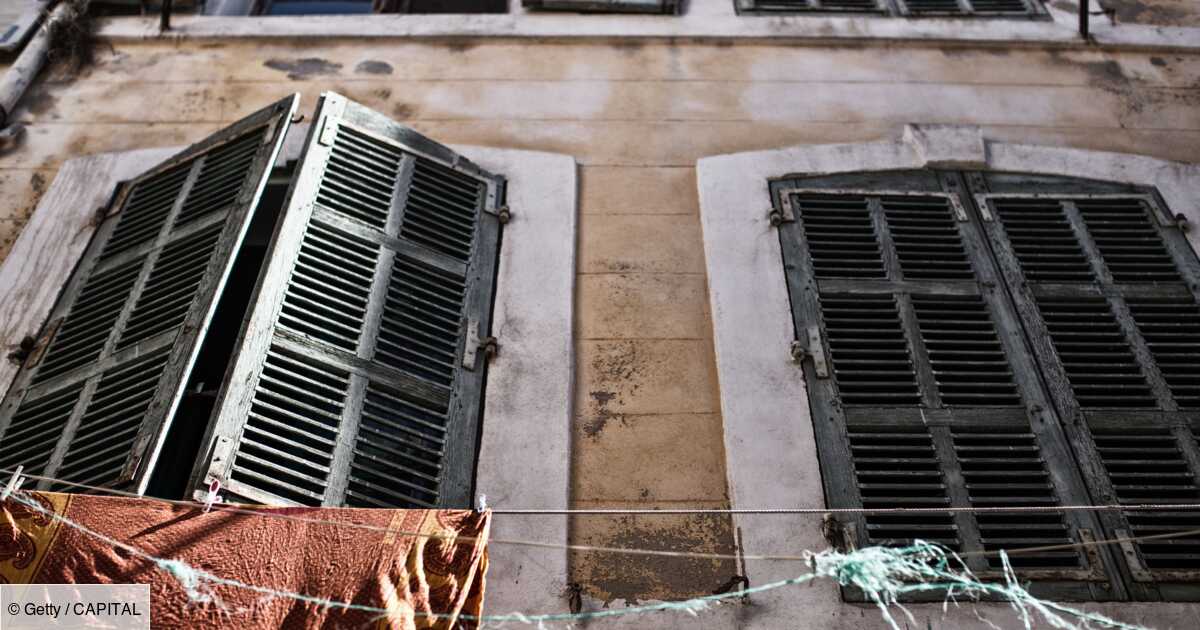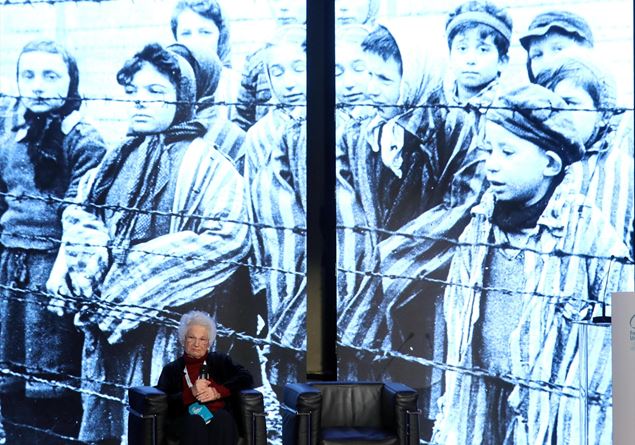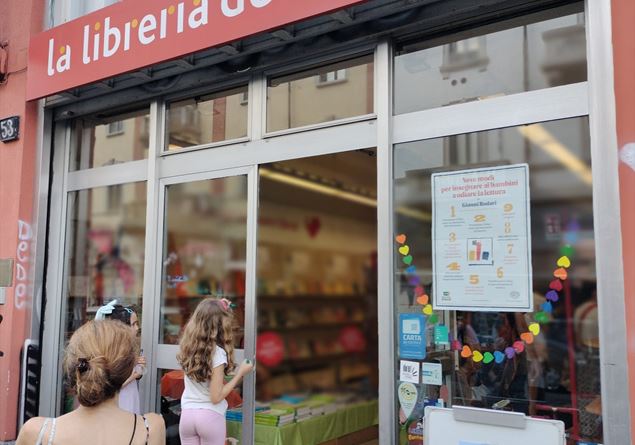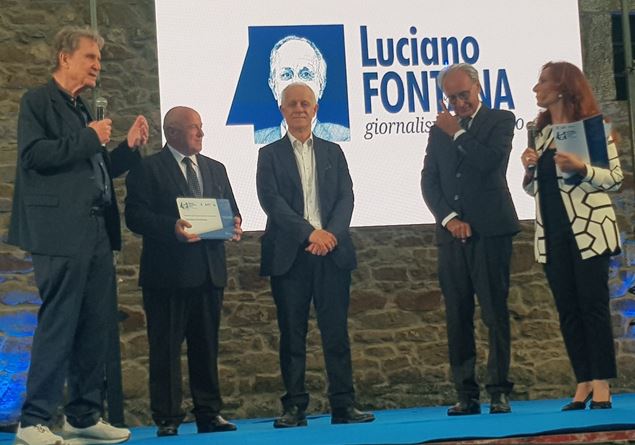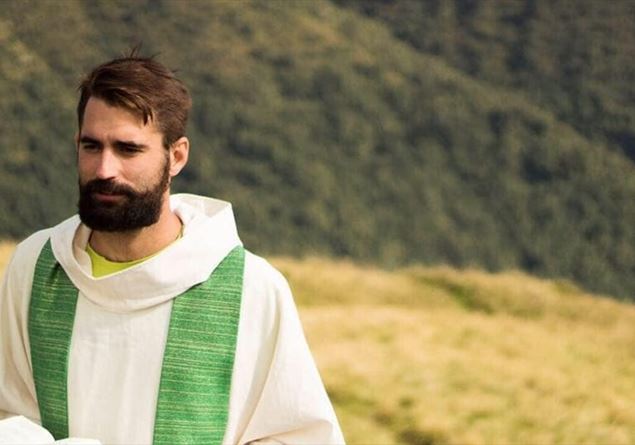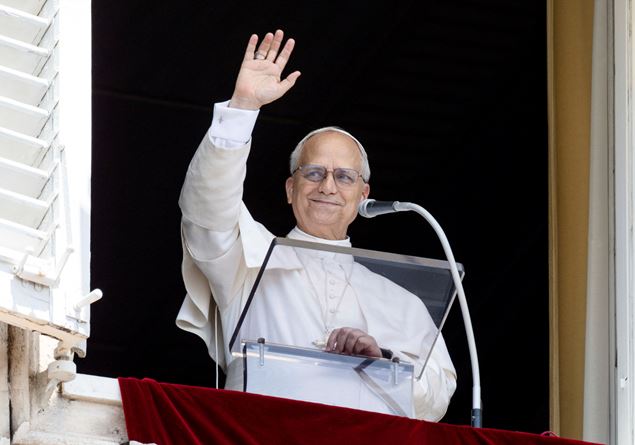A scene from the documentary where Liliana Segre dialogue with one of the grandchildren
Previewed at the Rome Film Festival last October and then the subject of different projections in cinemas throughout Italy, the documentary film Liliana Directed by Ruggero Gabbai, who tells the extraordinary story of the life senator Liliana Segre arrives tonight on Rai 3: among unpublished archive materials, the testimony of children and grandchildren, the voice of public figures such as Ferruccio de Bortoli, Mario Monti, Enrico Mentana, Geppi Cucciari, Fabio Fazio.
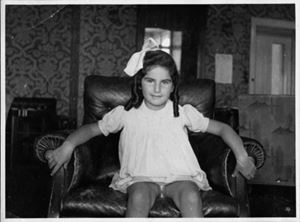
Childhood in Milan
Liliana Segre was born in Milan on September 10, 1930. He was only a year old when his mother died. Father Alberto did not remarry, he lived with his little girl together with the parents, Giuseppe Segre and Olga Loevy. Liliana’s was a serene and wealthy childhood, but but It all began to change when racial laws were promulgated in 1938 And he was forced to leave the school he attended. In an attempt to protect himself from persecutions, the family, who had not been my observant Jewish, decided to baptize himself, but it was all useless. Alberto and Liliana Segre then tried to escape to Switzerland, but they were returned to the hands of the Italian fasciti of the Command of Selvetta di Viggiù. From here they were transferred to the Varese prison, then to that of Como and finally to San Vittore, in Milan, in that fifth radius that fascism had intended for Jews. On January 30, 1944, the Jewish prisoners of San Vittore – more than six hundred people, including forty children, including Liliana – They were loaded on a row of trucks covered and conducted at the central station by the notorious track 21. After a short stop in the transit field of Fossoli, the convoy n. 6 – which traveled under the acronym RSHA of the ReichssicherheitshauPtamt, the central security office of the Reich took the direction of Auschwitz, where he arrived on February 6, 1944.
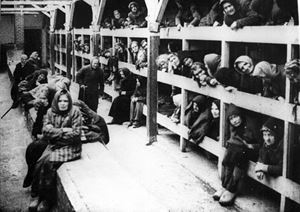
A female shack in Auschwitz
In Auschwitz’s hell
Of the 605 Jewish prisoners, about five hundred were immediately started to the gas chambers, among these there was also the father of Liliana Segre. She, who was 13 years old and enjoyed good health, was spared to be used as a workforce, with the serial number 75190 tattooed in the arm. A few days before the Soviet army entered Auschwitz was forced by the Nazi soldiers – together with the eighty thousand internees still capable of standing standing – to walk towards Germany, in a forced march that became known as “march of death”, because it is because of the intense cold, both for the lack of food, the prisoners fell one after the other dying of hardships, or Nuca. After a few months in Malchow, a subfield of Ravensbrück, On 30 April 1945 the liberation came for her. Returning to Milan she discovered that maternal grandparents also died in the fields, while the maternal grandparents and the father’s brother had saved themselves. Of the 605 people of his transport, only twenty returned.
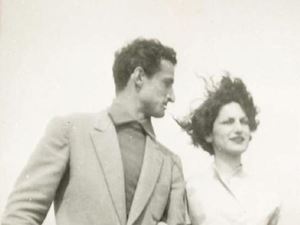
Liliana Segre and Alfredo Belli Paci from young people
Trying to forget
In 1948, while on vacation in Pesaro, a city of origin of the maternal grandparents, he met Alfredo Bello Paci, Catholic, lawyer and also back from the German prison camps for refusing to join the Republic of Salò. It was the numbers tattooed on the arm who made them understand that they had a common experience of Sunrereza. The physical and character similarity with his father Alberto Segre hit her with him. Already baptized before racial laws, Liliana married Alfredo with Catholic rite in 1951; The two had their children Alberto, Luciano and Federica.As the children tell in the documentary Liliana LIt was not always a serene childhood to them, especially for the firstborn Alberto. There was never talk of what had happened during the Second World War, but the suffering suffered had left deep wounds in Liliana Segre and her husband. Alberto discovered the horror of the extermination camps by chance, when he was 15 years old, he asked his father, who asked him not to talk about it with his mother, towards whom he was extremely protective. At a certain point, this suffering., As happened to other soppravissutti, it turned into a serious depressive crisis, from which Liliana Segre managed to get out.
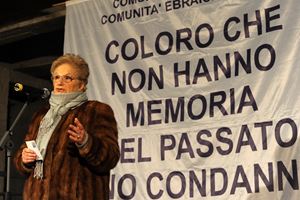
In 2011 at the Memorial of track 21 at the Central Station of Milan
Become a witness
After Liliana Segre, after a long inner labor, which became aware, after the birth of the grandchildren, who without contributing to keep the memory of what had happened the new generations alive would have risked forgetting if not denying history, decided to make his testimony public. Dates back to 1990 His first official release as survivor at the Shoahchoosing what had been his school before racial laws, the Marcelline Institute of Milan. From that moment he became an 80 witness, in official offices and in schools or university classrooms. It is no coincidence that the first book in which he reconstructed his experience in Auschwitz was aimed at children: Until my star shine (Piemme), written with Daniela Palumbo.
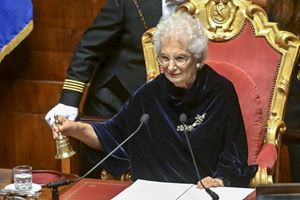
Life senator
On January 19, 2018, the year in which the 80th anniversary of the fascist racial laws fellthe President of the Republic Sergio Mattarella, based on art. 59 of the Constitution, he appointed Liliana Segre Senator for life “For illustrating the homeland with very high merits in the social field”. On November 7, 2019, due to the growing threats and insults that are addressed to you via the Internet, the prefect of Milan Renato Saccone, after hearing the Provincial Committee for public order and safety, assigned it a escort. 9 May 2023 was elected unanimously President of the Extraordinary Commission for the fight against intolerance, racism, anti -Semitism and instigation to hatred, also established in the XIX legislature. He is the oldest senator who sits in Parliament
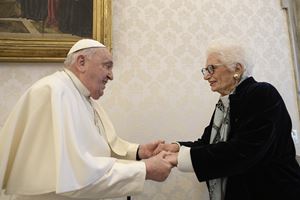
With her one of the latest meetings of Pope Francis
The last Meeting between Pope Francis and Liliana Segre on 3 February last, on the occasion of the international summit on children’s rights organized by the Pontifical Committee for the World children’s day entitled “Love them and protect them”. At the Summit La Segre spoke of memory, choices and indifference and how this word also remains as a message to the students who can go to school today. “I ask them not to turn to the other side, to make a choice, to understand what it means to accept without reacting, that someone is hunted, deported and killed only because of the fault of being born,” said the senator for life by remembering the drama of the Second World War and the Nazis crimes. All I am here and I can talk to you today, while other children have never returned from the Nazi fields. Attachment of evil, they camouflage or immerse themselves in the world of the lager or war as the only world possible.
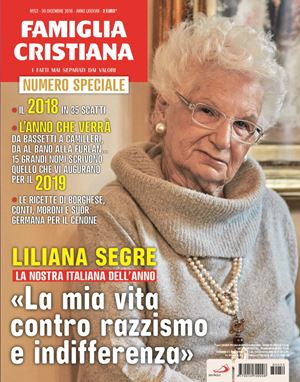
NEl 2019 Christian family Elected Liliana Segre “Italian of the year” With the following motivation, expressed by the then direct then Antonio Rizzolo: «We have chosen her because her lesson, brought for thirty years in schools, is a clear and courageous testimony. Liliana Segre, victim of racism, who lived and then learned to see their suffering, can teach all of us, today, to continue to observe. To keep the sense of what happened then, and to be supervised over today. To remember to fight that indifference, that oblivion, those fears, those superficial selfishness that favor racial hatreds, prejudices and various hostilities “.



